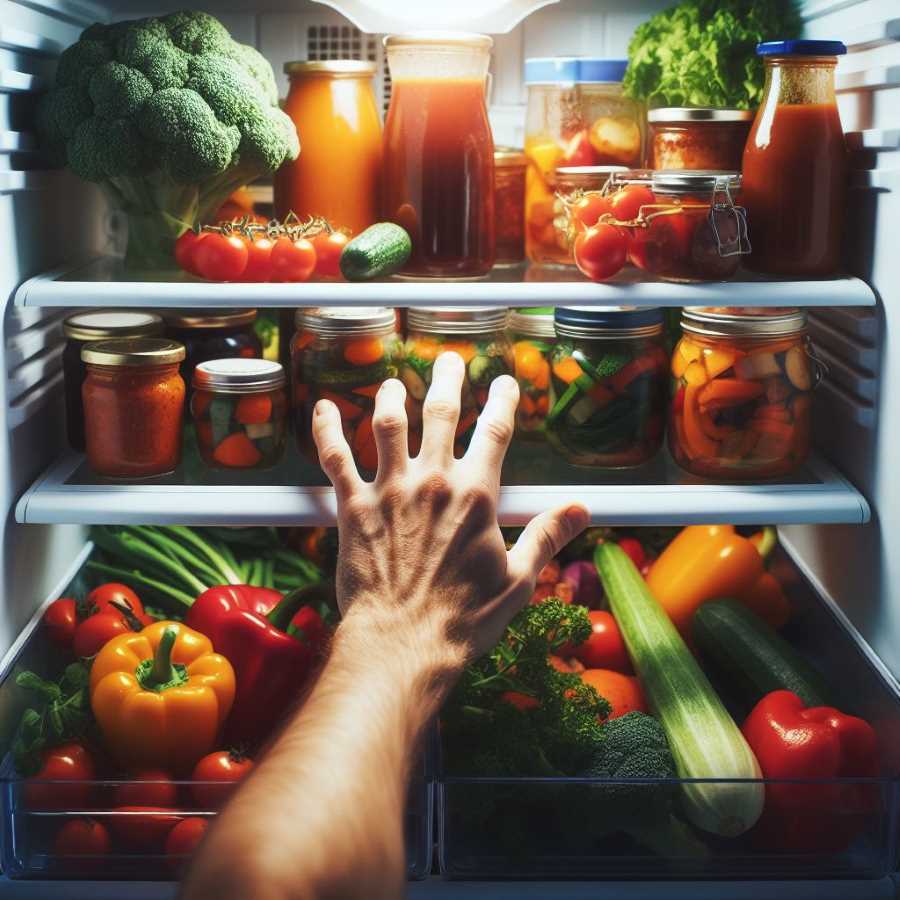A Week-Long Guide to a Delicious Food Waste Challenge
Turn food waste into a game! Challenge yourself to use forgotten ingredients, reinvent leftovers, and save money. It's a fun way to be resourceful, reduce waste, and unleash your kitchen creativity.

The kitchen clock ticks ever onwards, an invisible metronome to the soft accompaniment of fridge hums and the occasional clink of tableware. It's here, within our culinary cathedrals, that a hidden battle rages – a battle not against taste or complexity, but against an insidious foe: food waste.
We've all seen the statistics. Mountains of perfectly edible food cast aside with hardly a second thought, adding up to a staggering amount of wasted resources and money. The numbers paint a bleak picture – families tossing a hefty portion of their hard-earned grocery budgets straight into the bin, the environmental toll ever-growing.




